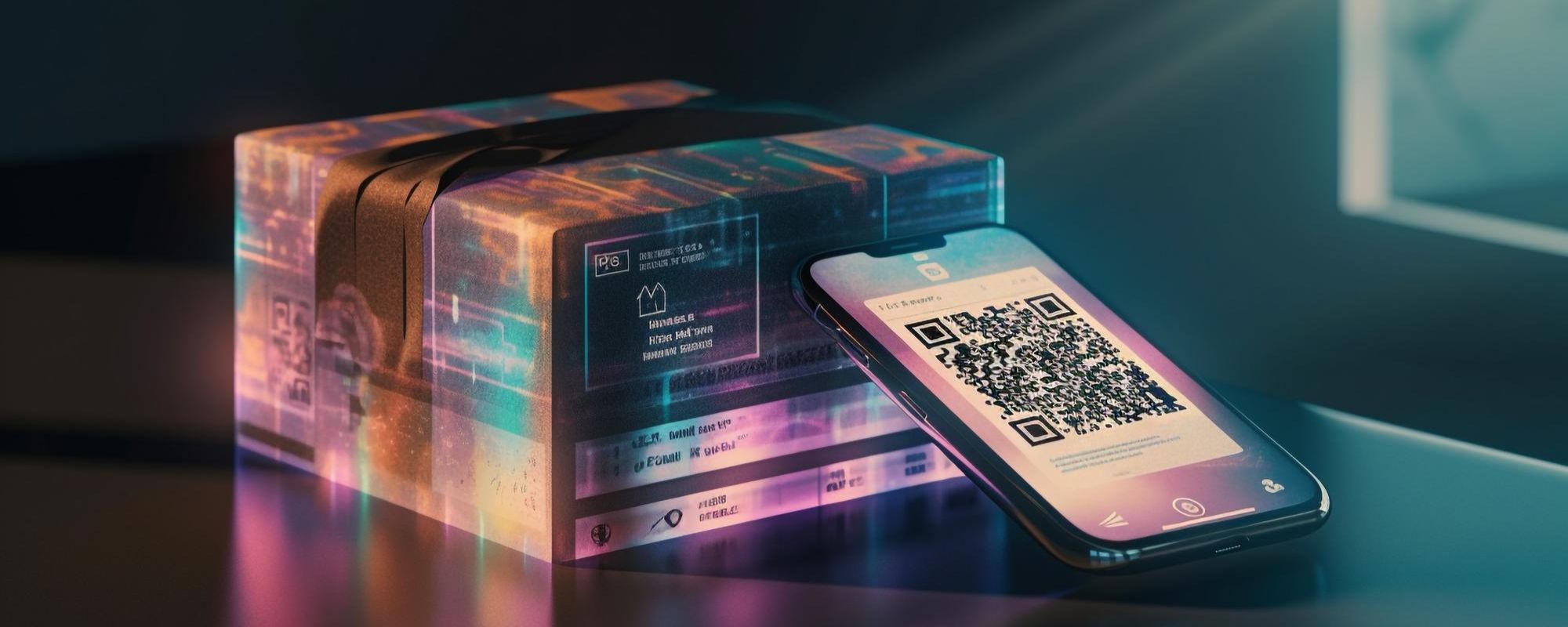In the bustling world of retail, where customer demands are ever-changing and the market competition is fierce, the need for robust and efficient retail management software has never been more pronounced. Retail management software serves as the central nervous system of retail operations, integrating core business processes and providing a seamless flow of information across all channels. This technology empowers retailers to manage their inventory, sales, customer relationships, and staff all in one place, leading to improved operational efficiency and customer satisfaction.
Moreover, the ability to analyse sales data, understand consumer behaviour, and predict trends is crucial for making informed business decisions. Retail management software not only streamlines the administrative tasks but also provides insightful analytics that can drive strategic growth.
In essence, the right retail management software can be the difference between a thriving retail business and one that struggles to keep up.
What Are The Benefits of Retail Management Software?
The need for retail management software arises from the complexities inherent in modern retail operations. With the advent of omnichannel retailing, retailers must provide a consistent shopping experience whether the customer is shopping online from a mobile device, a laptop, or in a brick-and-mortar store.
Here are some of the benefits and reasons why your business needs a retail management software.
Instantaneous data analytics
The way consumers shop have changed significantly in the past decade, and consumer trends are always shifting. More than 60% of consumers begin their shopping journey online, according to a 2018 survey by Think With Google.
Never before has there been an opportunity to fully realise the potential of real-time customer data with top-notch software, thanks to the retail industry’s enormous online presence.
Decreased expenses
Retailers want to know how to keep their operations running as efficiently as possible without breaking the bank. Fortunately, management software can set a limit on how expenses are to be distributed. While CNBC reports that merchants lose $1.75 trillion annually due to returns, surplus, and out-of-stocks, a 2020 survey by Software Path found that just 18% of small firms actually utilise retail management software.

Reduced training and onboarding times
In the pursuit of providing exceptional service to customers, many businesses overlook the importance of employee management. Interactions between brands and their customers are the starting point and end goal of customer engagement, and many merchants include other parties in this process as well.
It’s common knowledge that businesses drastically improve their chances of success and growth when they invest resources into their employees’ skill sets. Incorporating efficient staff management software allows retailers to recruit and retain top talent.
Multi-channel integration
As the retail industry shifts towards omnichannel strategies, retail management software allows for seamless integration across different sales channels. Whether customers shop in-store, online, or through social media platforms, RMS keeps inventory and sales data synchronised. This ensures consistency in pricing, promotions, and product availability, delivering a cohesive brand experience across all touchpoints.
Improved customer experience
RMS can improve customer satisfaction by speeding up checkouts, offering personalised promotions, and managing loyalty programs. With customer purchase history and preferences stored in the system, retailers can provide targeted recommendations and discounts, fostering a more personalised shopping experience. This not only enhances customer loyalty but also drives repeat business.
Regulatory compliance
Retail management software helps retailers stay in compliance with industry regulations, such as tax laws and data protection standards. By automating the application of sales tax and generating necessary reports, RMS reduces the risk of human error and non-compliance penalties.
What Are The Different Types of Retail Management Software?
Inventory Management: Possibly the single most useful piece of software for any store owner. It will display sales data and other crucial stock information in real-time, including delivery dates, stock numbers, and expiration dates (for food stores). By keeping tabs on stock levels, showing frequent price updates, and making sure client expectations are met, inventory management software can help keep the supply chain under control.
Customer Relationship Management Software: Sales and customer relationship management software makes it easy to tailor processes to each individual customer. Its purpose is to guarantee built-in customer loyalty by analysing customer interactions and providing data regarding customer patterns. An effective customer relationship management system allows businesses to monitor and enhance each stage of a customer’s journey.

Work Schedule Management: It’s already hard enough for retail workers to plan their jobs and wait for their managers to approve their annual leave in person. Staff members can take advantage of shift management software to do things like schedule annual leave on the go, share important updates, and even exchange shifts and set up cover if necessary. It can guarantee that stores are never under- or overstaffed when utilised correctly in combination with an effective hiring process. Training programs for both new hires and current employees are another feature of more sophisticated shift management software.
Maintenance Management: Maintenance management is one of the more recent software options for stores. In the interest of things like health and safety compliance, an app that includes a digital map of a physical business and its fixtures can be quite useful. If a wall fixture were to break and protrude dangerously, for instance, the problem could be recorded in an instant, warnings could be posted to keep consumers away, and maintenance could be planned via the app.
Conclusion
The adoption of retail management software (RMS) is no longer a luxury but a necessity for retailers seeking to stay competitive and meet the evolving demands of the modern consumer. The benefits are clear: streamlined operations, enhanced customer experiences, improved inventory management, insightful data analytics, and increased overall efficiency.
For retailers looking to harness these benefits and drive their business to new heights, Appscrip’s retail management and multi-vendor e-commerce solutions provide a robust and comprehensive platform. With Appscrip, you gain access to cutting-edge technology that simplifies processes, empowers decision-making, and delights your customers at every turn.
Don’t let your retail business fall behind in an industry that’s rapidly advancing. Optimise your operations, reach your full potential, and exceed customer expectations with Appscrip’s tailored solutions. Embrace the future of retail with Appscrip – your partner in retail excellence.










